Every chess game ends with one of the three possible results: a win, loss or draw.
In spite of any of these results attained when you play, it’s necessary to analyze your games, especially your losses to know what went wrong during the course of the game. Doing this will greatly improve your chess ability.
The chess legend Garry Kasparov once said: “By strictly observing Botvinnik’s rule regarding the thorough analysis of one’s games, with the years I have come to realize that this provides the foundation for the continuous development of chess mastery.“
Going by the words of Kasparov, analysis is the foundation needed to develop mastery of the game of chess.
Here are 9 ways to analyze your chess games:
- Write Down Your Thoughts During the Game
- Replay the Game on Your Chessboard and Consider Other Alternatives
- Use a Chess Engine
- Pay Special Attention to Key Moments in the Game
- Look for a Higher-Rated Player or Chess Coach To Analyze the Game for You
- Visit Chess Databases
- Write Down Mistakes From Your Games
- Note the Corrections to Mistakes You Made
- Draw Your Conclusion
Write Down Your Thoughts During the Game

After you’ve finished a game, write out your thought process for each move you made.
For example, writing down thoughts like, “I should have started an attack on his king since he took so long to castle” or “I shouldn’t have exchanged my active bishop for his knight that wasn’t doing anything“.
Writing down your thoughts allow you to review your games thoroughly and correct any errors.
This’ll help you avoid repeating same errors in subsequent games.
Replay the Game on Your Chessboard and Consider Other Alternatives
Now is the perfect time to take out your chessboard and go over the game again, analyzing those possibilities you considered but didn’t have the opportunity to play.
This will help you evaluate how you would have fared if you had chosen a different option.
It’s also an opportunity to identify the critical points of the position where you felt you went astray and try to find a better continuation.
If you won the game, identify the points where you could have played better.
When you do this regularly, you’ll notice that your chess ability starts to improve as it helps you pinpoint your mistakes and avoid them in subsequent games.
Use a Chess Engine
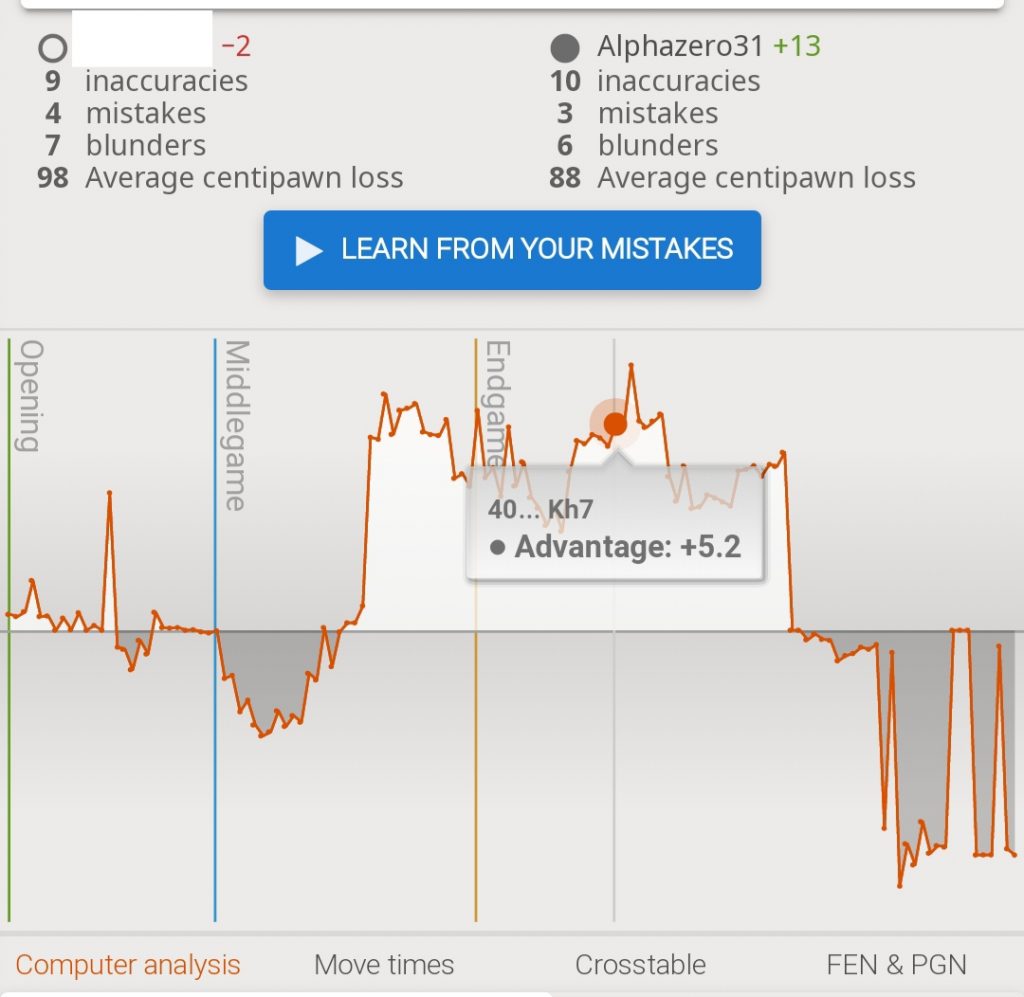
After some self-reflection, it’s time to seek the computer’s advice.
Humans tend to misjudge or miscalculate tactical positions, necessitating the use of an engine that can provide objective analysis.
Chess engines are computer systems that are so good at chess.
Because of their peak accuracy and precision in determining positions, they are currently superior to the top human players like Magnus Carlsen and Fabiano Caruana.
Stockfish, Houdini, Komodo, Fire, and Shredder are examples of these chess engines.
Many of these engines are free, you may download and install the program to access educational computer analyses.
Chess engines can be compared to having a friend grandmaster (with god-level strength) who helps you evaluate positions and determine the best moves.
Not just evaluation, but you can also see the tactics you missed and understand at what point the evaluation of the game changed (e.g from winning to losing).
A note of warning though: You shouldn’t overly depend on chess engines but ensure that you’re doing some critical thinking yourself.
After all, you’re the human who’s going to play in another chess tournament, not the deadly computer.
Pay Special Attention to Key Moments in the Game
After using a chess engine to analyze your games, it’s important to note the key moments in the game and learn from the engine suggestions.
Most of what the chess engine will recommend to you ties back to basic chess principles. So, if you don’t know these principles, you’ll struggle to understand why.
We’re talking about principles like:
- In rook and pawn endgames, the rooks should be placed behind the pawn on an open file.
- In closed positions, bishops tend to perform better than knights.
- In a certain endgame structure, an isolated pawn will prove to be a weakness and in certain positions might be a force to be reckoned with.
Learn more of these basic chess principles in this blog post.
If you keep these principles in mind and remember them, you’ll be able to make the right decisions when those critical moments arise in your future games.
Look for a Higher-Rated Player or Chess Coach To Analyze the Game for You
Although chess engines are the most accurate method of analysis, they can be difficult to understand.
That’s why it’s a good idea to meet with a stronger player or a chess coach to help you analyze your games. They can explain the engine-recommended moves and provide you with crucial advice for your future games.
Since chess coaches and higher-rated players have more experience in the game, they can probably advise you when and when not to go with a chess engine’s recommendation.
Here’s what we mean: Chess engines are brutal. They can analyze hundreds of variation and play the best choice accurately.
Humans don’t act this way. We make moves based on playability and intuition. Not many persons will welcome complex positions where they have to calculate tons of variations to avoid losing, unlike a computer.
That’s why a higher rated player will show you that ‘human’ aspect of chess and explain strategic ideas in ways the computer cannot.
Visit Chess Databases

A chess database consists of multiple chess games organized for players to review and learn from.
Chess databases are usually divided into categories. For example, there are databases with chess games featuring openings for White and Black, like the Reti, Scandinavian and Sicilian opening.
Databases can also be prepared to focus on games by a particular player. For example, we have chess databases on thousands, if not millions of players all over the world.
Top chess grandmasters use these databases to prepare against their opponents by studying their openings, playing style, and general weaknesses.
A chess database can be read in any chess interface or program. The most popular database is ChessBase in Fritz.
These databases are important for players bent on improving. For example, a chess player preparing to play a game with the White pieces will do well to analyze their preferred openings for White.
This’ll help them understand the nuances of that opening – whether there’s a clear plan, leads to an unclear position or just has a negative/positive record.
There are numerous online chess databases to choose from; some are free and others require a certain fee to access.
Chess databases also take a fundamental role in improving chess knowledge. Many chess masters have databases on different topics and lessons relating to the game of chess.
For example, a chess database can be used to teach the usage of pawn structure to gain an advantage in the endgame. They also teach tactical motifs and concepts of strategy.
Write Down Mistakes From Your Games
An important tip after using chess engines or pointers from higher-rated players is to write down the mistakes you made in your previous games.
You should describe the nature of these mistakes, for example, a piece you blundered or how you did not castle early.
However, keep in mind that these mistakes are not only limited to games you lost. You should also look for mistakes from games you won and write them down.
Note the Corrections to Mistakes You Made
After writing down your mistakes, the next thing to do is find the correct moves.
If you’re using a chess engine, it’ll easily identify the mistakes you made and suggest the correct move.
Chess coaches can also help you point out the mistakes.
Once you’ve found the solution to your mistakes, make sure to remember them so you don’t repeat them in future games.
Draw Your Conclusion
Finally, draw up your conclusions.
What did you think about your decisions? What were your major imprecisions? Do you think you played the opening well? This is best written in a notebook for easy referral.
Study and keep what you have learned in your memory so that you can easily apply them in the next game.
Why Should You Analyze Your Chess Games?
Here are 3 reasons why you should analyze your games:
To Increase Your Chess Understanding
Becoming a grandmaster in chess takes time and effort. It’s a gradual process that requires years of practice and hard work.
When you analyze your games, you’ll find ways to improve your opening lines and become more familiar with the concepts surrounding them.
You’ll also become more aware of the usual mistakes you make. All of these things will help you take your game to the next level.
To Improve your Time Management
There’s a popular saying that goes “time is priceless”.
It means that time is one of the most valuable things we have, and once it’s gone, we can never get it back. So, it’s important to make the most of the time we have.
One way to do this is by analyzing your games. By doing so, you’ll become quicker and sharper at reacting to your opponent’s actions. This skill will also save you time in the early stages of the game because you’ve already done a lot of analysis.
Analyzing your games will also help you win many games and prevent unnecessary time trouble. Through analysis, you’ll understand how to treat certain positions, so you won’t have to spend too much time calculating these positions while playing your games.
To Build Confidence
Confidence is one trait that every chess player should possess. A player who lacks confidence can easily become flustered and nervous, leading to inaccurate moves and ultimately losing the game. The more self-assured you are in chess, the stronger you will be when playing.
Analyzing your chess games is a great way to gain confidence and improve your performance. By analyzing your games, you can identify your mistakes and learn how to treat certain positions correctly. This will help you avoid making the same mistakes in future games and make better decisions during the game.
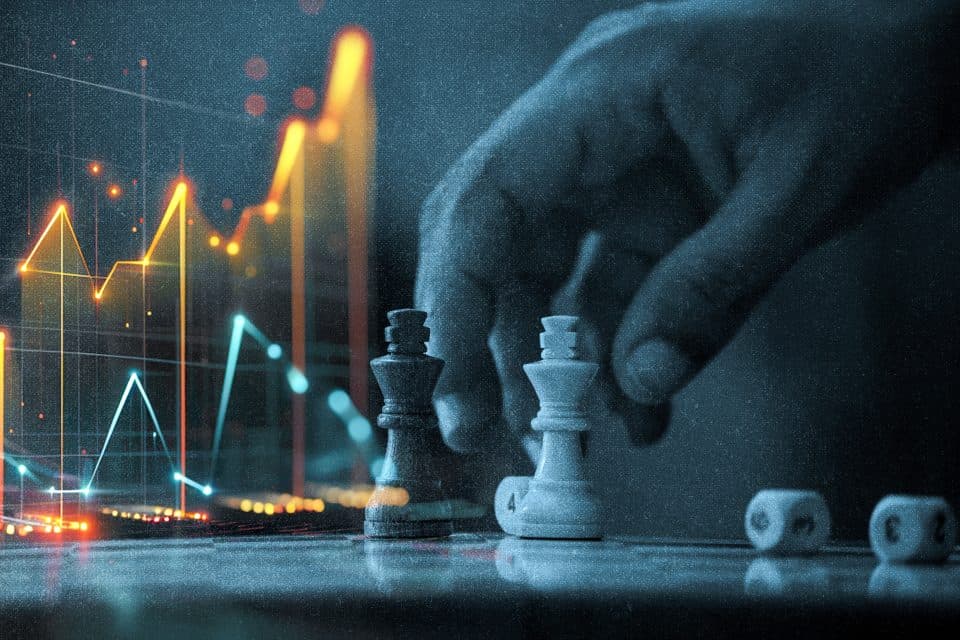


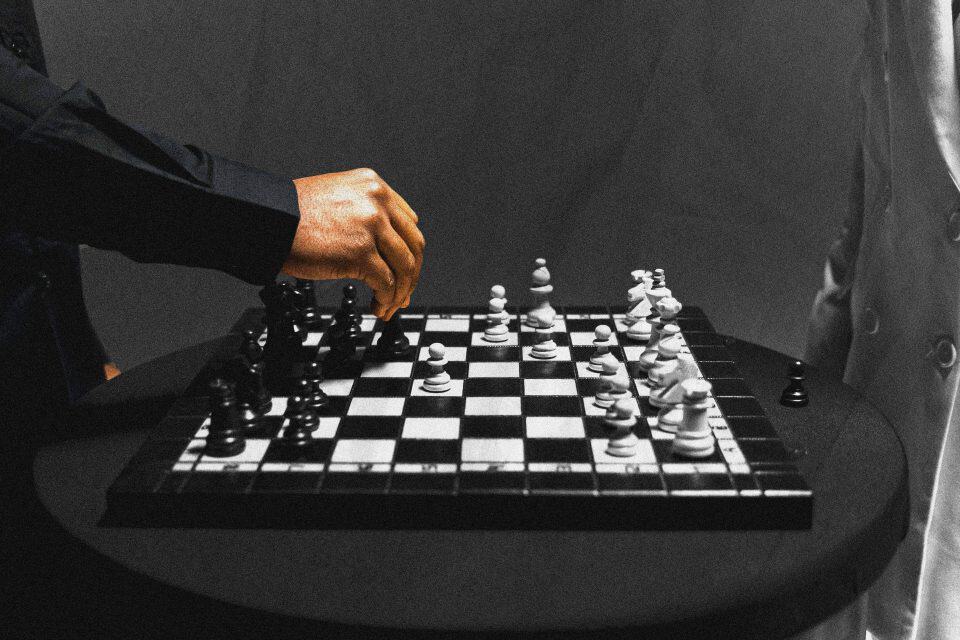
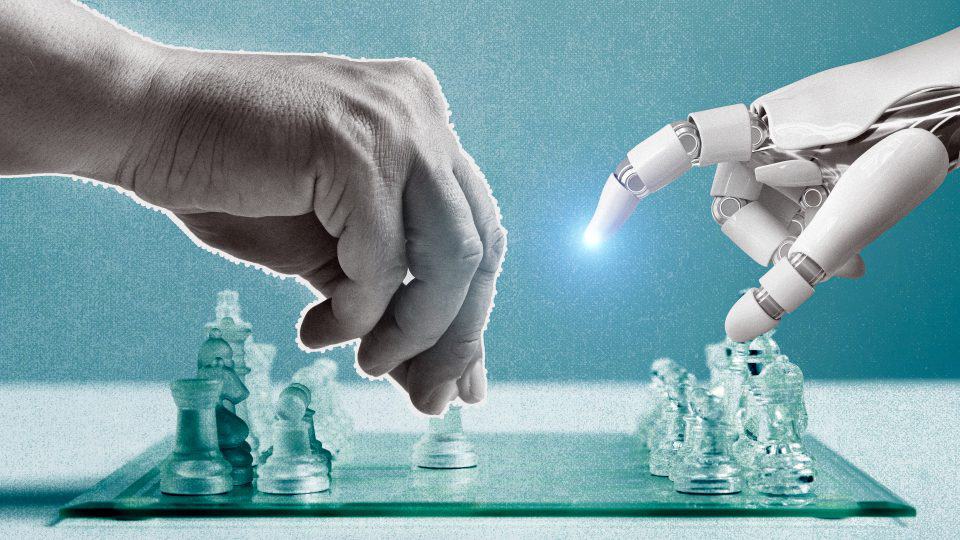
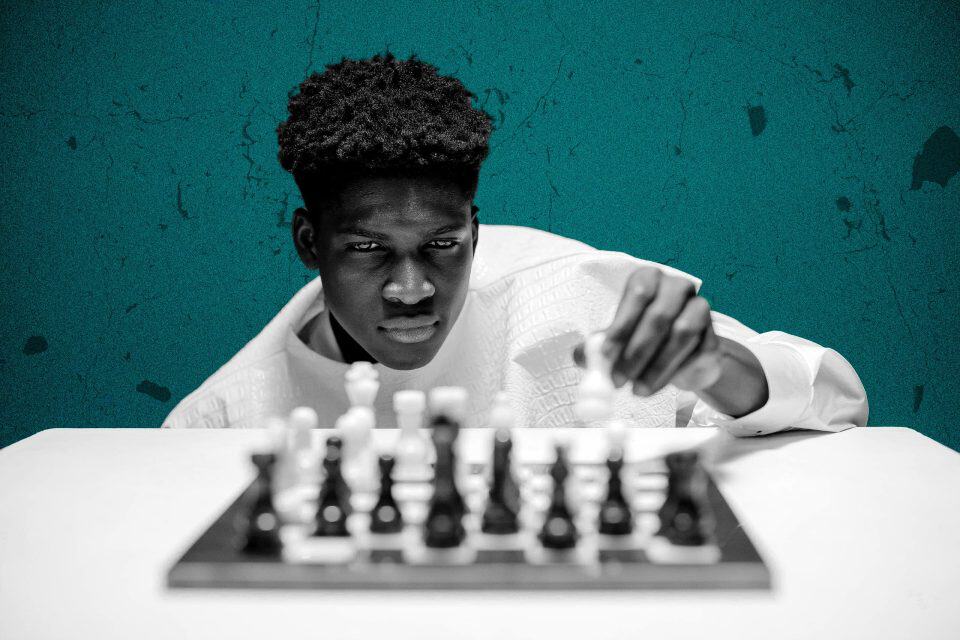
join the conversation